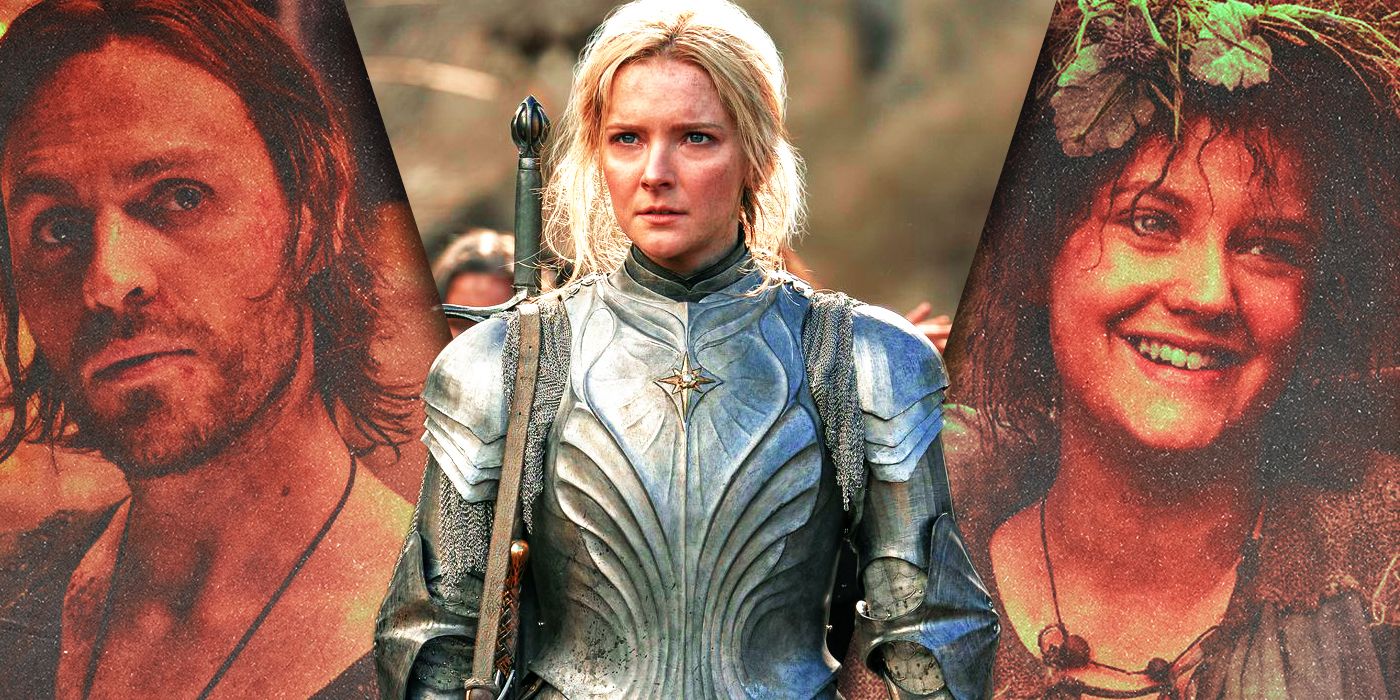
The Rings of Power has been a mixed bag among LotR fans. While some are able to appreciate it for what it is as a non-canonical story taking place in Tolkien’s Middle-earth, others have had a hard time looking past some of the aspects of the series that are at odds with Tolkien’s source material.
Even setting aside Tolkien’s true vision for the history of Middle-earth, The Rings of Power has a few storylines in particular that just don’t seem to make much sense, even in a self-contained bubble. While there’s a lot to love about RoP, including some solid cinematography and a fantastic musical score, some aspects of its storyline reveal themselves as questionable when delved into further than the surface level.
Galadriel’s Brother Somehow Knew He Would Die
Episode 1
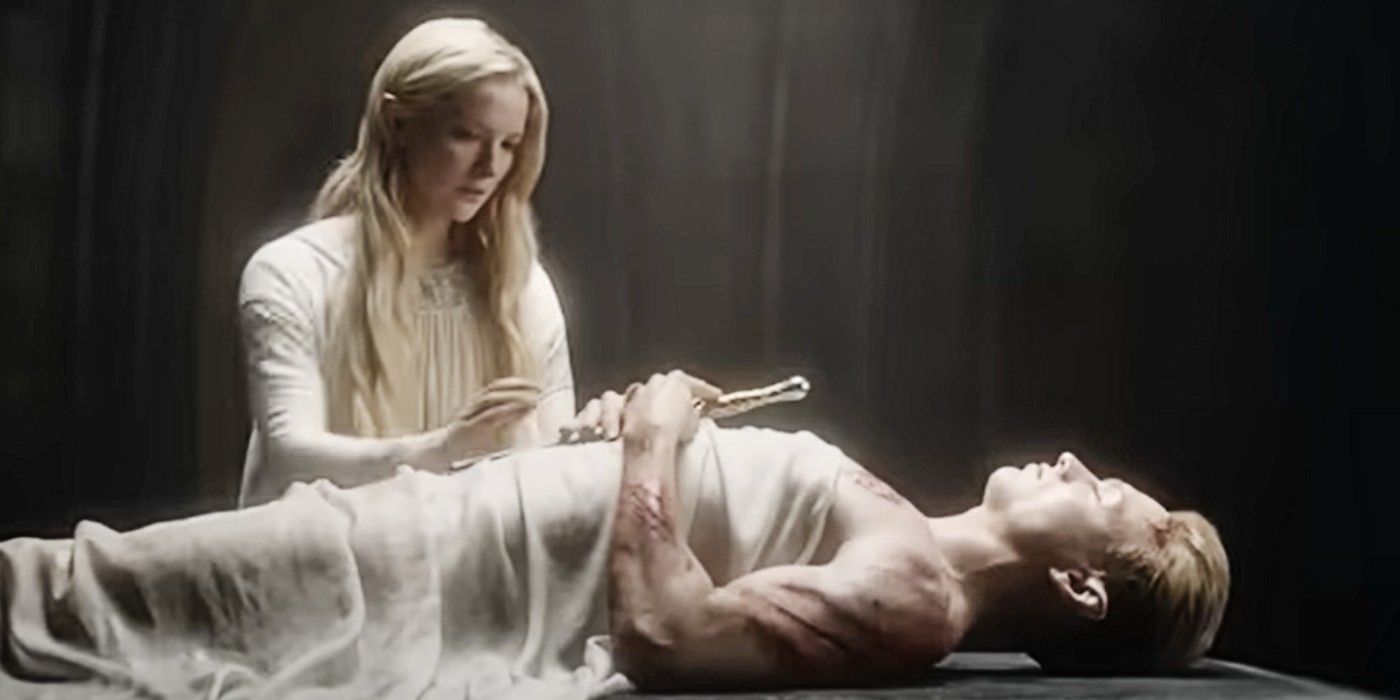
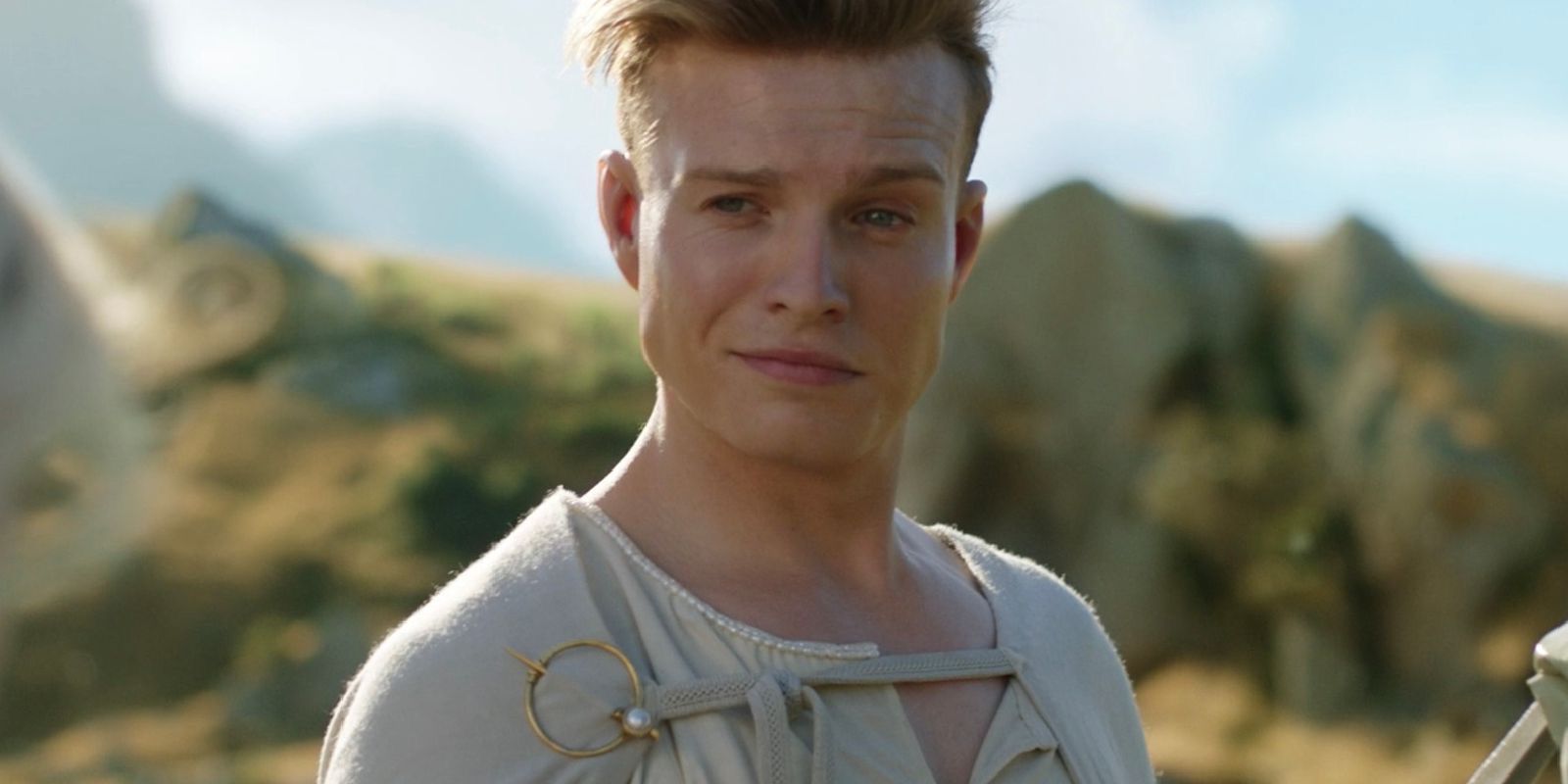
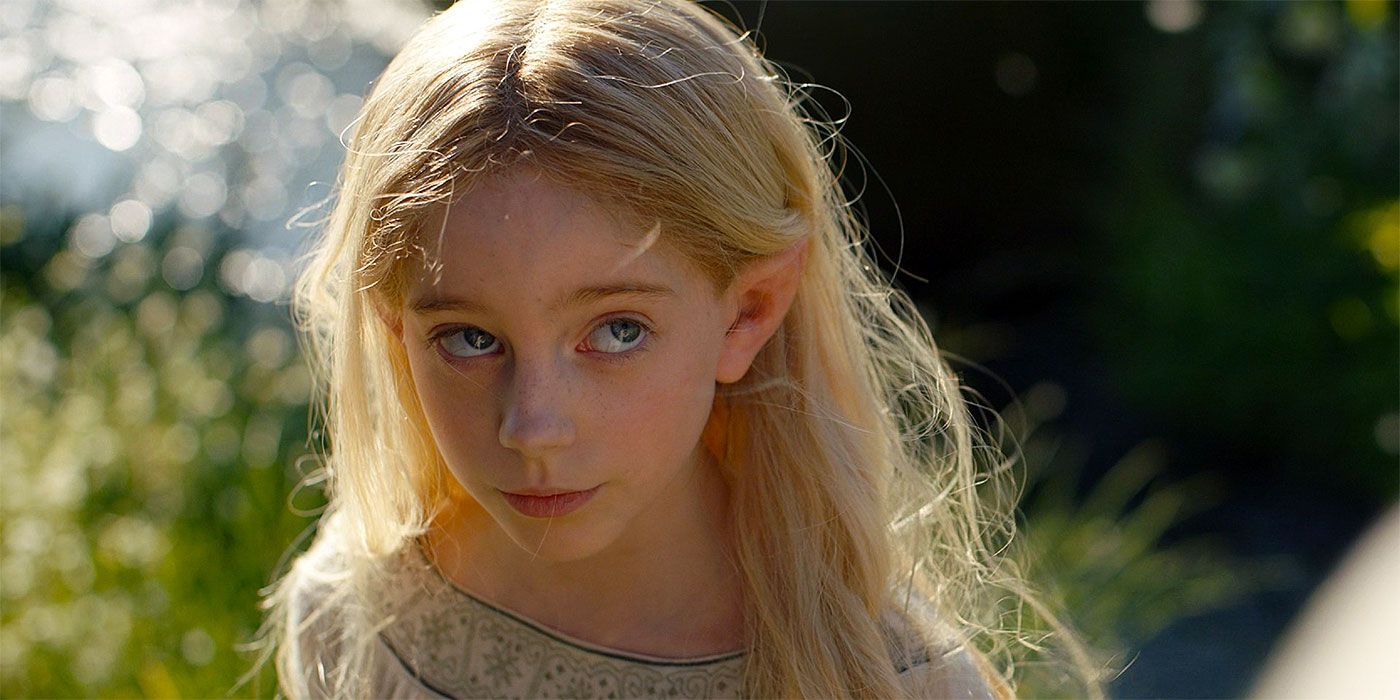
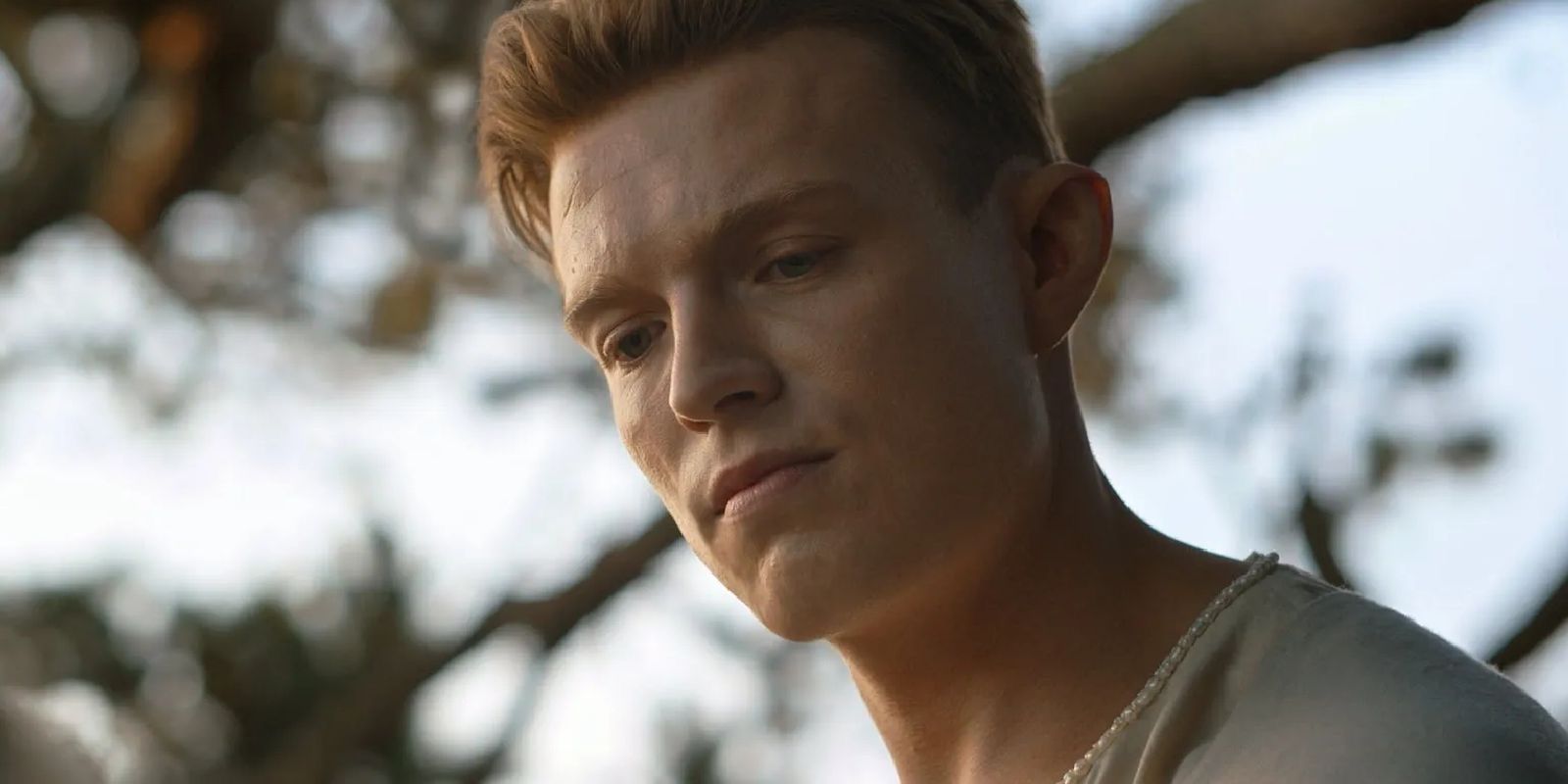




“You must learn to discern for yourself; I won’t always be here to speak them to you.”
– Finrod
Most Tolkien fans know that Elves are supposed to be immortal. That’s how people like Elrond were around for both battles against Sauron despite them being thousands of years apart. That immortality was one of the main sources of conflict for Arwen and Aragorn’s love story.
While this gives Rings of Power room to explore beloved characters, like Galadriel and Elrond, during their younger years, it also means that there are some folkways one should expect Elves to have as immortal beings. One thing in particular is that death should not even be on the table. Elves are never supposed to die, so it makes Galadriel’s brother’s statement in the first episode that he won’t always be around for her forever seem out of place and just strange coming from an immortal Elf.
The Romantic Tension Between Galadriel and Sauron Seemed Out of Place
Episodes 1 – 8

While they ended up as enemies by the end of Season 1, there’s no question that there seemed to be a bit of something going on between Galadriel and Halbrand throughout the better part of the season. Halbrand later being revealed to be Sauron was a big twist that many didn’t see coming, and that’s especially true considering no one would have thought him the type to have a love interest.
Sauron is supposed to be a purely evil entity, so his having a capacity for something like love seems out of character for him. Tolkien has never been known for great romances in his works, so it may have been difficult for the writers to find a place for a love story in The Rings of Power‘s version of Middle-earth. Still, between Sauron and Galadriel was a rather strange place to find it.
The Harfoots Aren’t Like Hobbits
Episodes 1 – 8
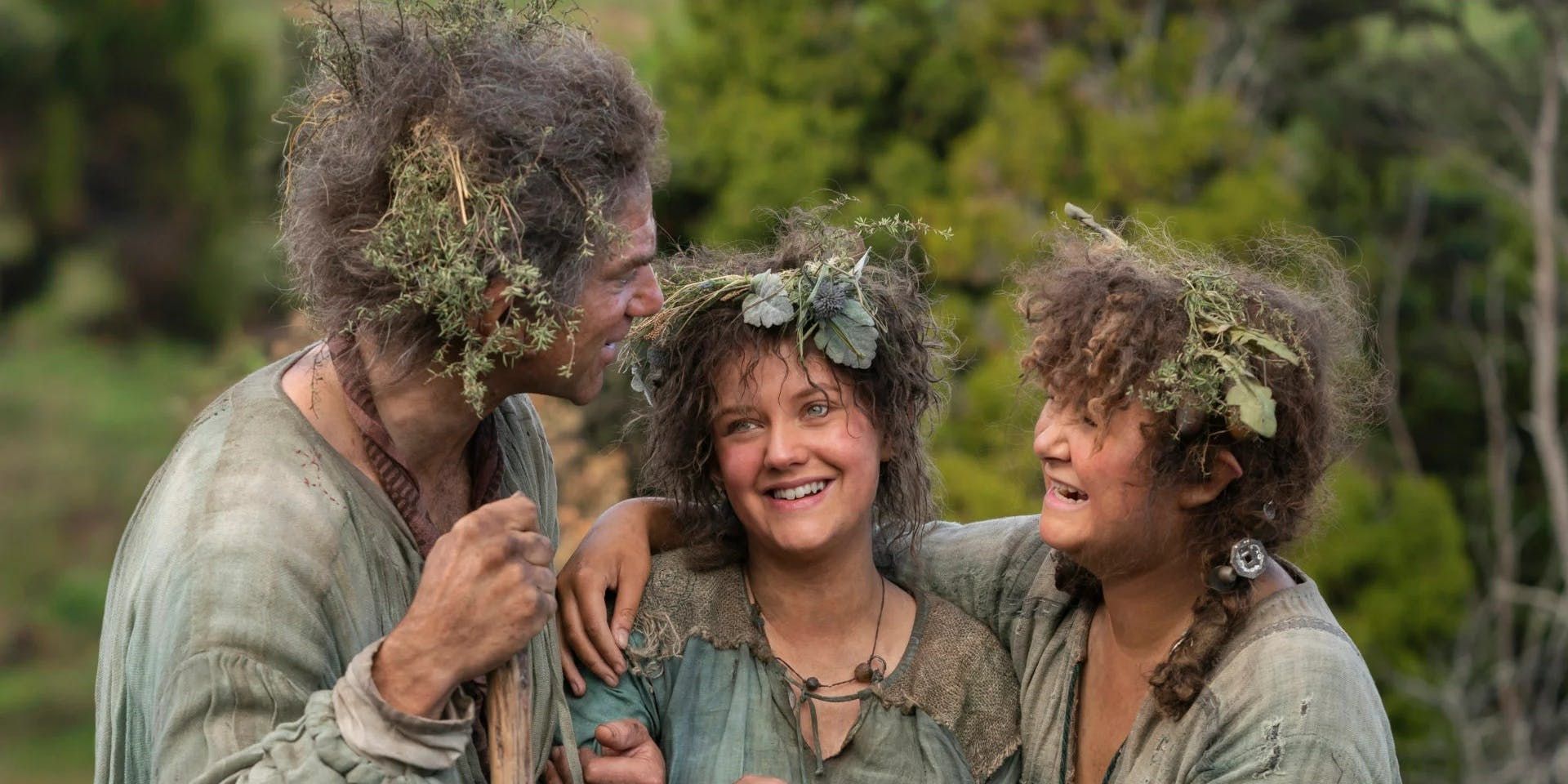
Differences
Hobbits
Harfoots
How They Dress
Casual but always well-put-together.
In ragged clothing with leaves and sticks in their hair.
Their Lifestyles
Remain in one place; hate adventuring.
Nomadic; constantly on the move.
How They Treat Others
Skeptical to outsiders but welcoming, even when it’s against their better judgment.
View all outsiders skeptically and even treat some of their own with disdain.
The Harfoots are meant to be the Second-Age forerunners of the Hobbits, though some aspects of their personalities were far from Hobbit-like. Of course, the most obvious of these is their nomadic lifestyle, which is a far cry from what a Hobbit would deem acceptable.
In a way, it makes sense that Harfoots might act differently and have a different culture than Hobbits due to constantly being on the move, and thus never acquiring that sense of peace and comfortability that is so central to Hobbit identity. Still, there seems to be more that’s different about the Harfoots than similar, making it hard at times to believe that they could really be the Hobbits’ ancestors. While it makes sense that Harfoots aren’t too much like Hobbits, the differences between them seem to stray too much from Tolkien’s own version, which would have just essentially been another race of Hobbits by a different name.
The Men of Númenor Are “Racist” Toward Elves
Episode 3
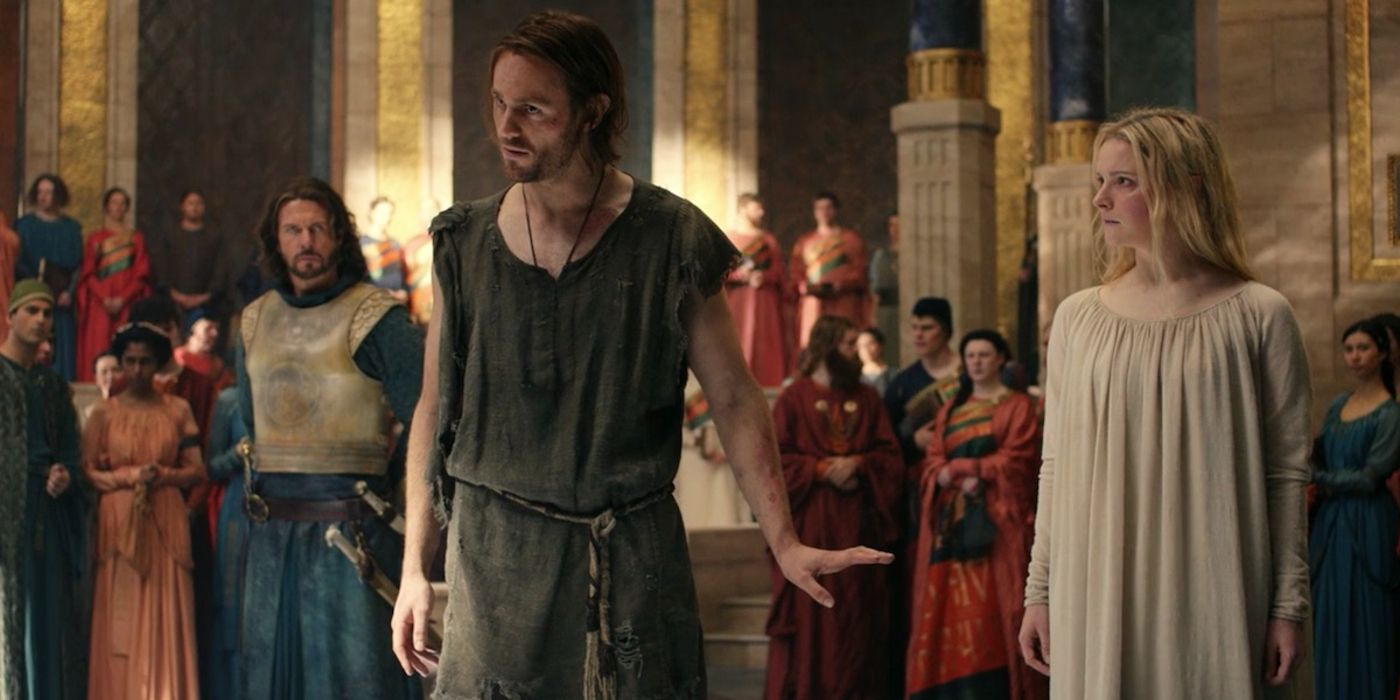
The idea of racism toward Elves in Númenor came off more as a way of making a cultural statement than as a means of feeding into Tolkien’s fantasy war in a substantial way. For example, the men of Númenor call the Queen “Elf Lover” merely for not immediately killing Galadriel when she arrives in Númenor. While the Queen does later warm up to Galadriel quite a bit, she is just as skeptical of Galadriel as anyone else, so this doesn’t really add up at first.
What makes this storyline even stranger is that Galadriel never wanted to be in Númenor in the first place. She wanted to leave the moment she got there, so the men of Númenor ranting about how the Elves were going “steal their jobs” just didn’t seem to be a reasonable reaction.
Galadriel Is Mean to Everyone
Episodes 1 – 8
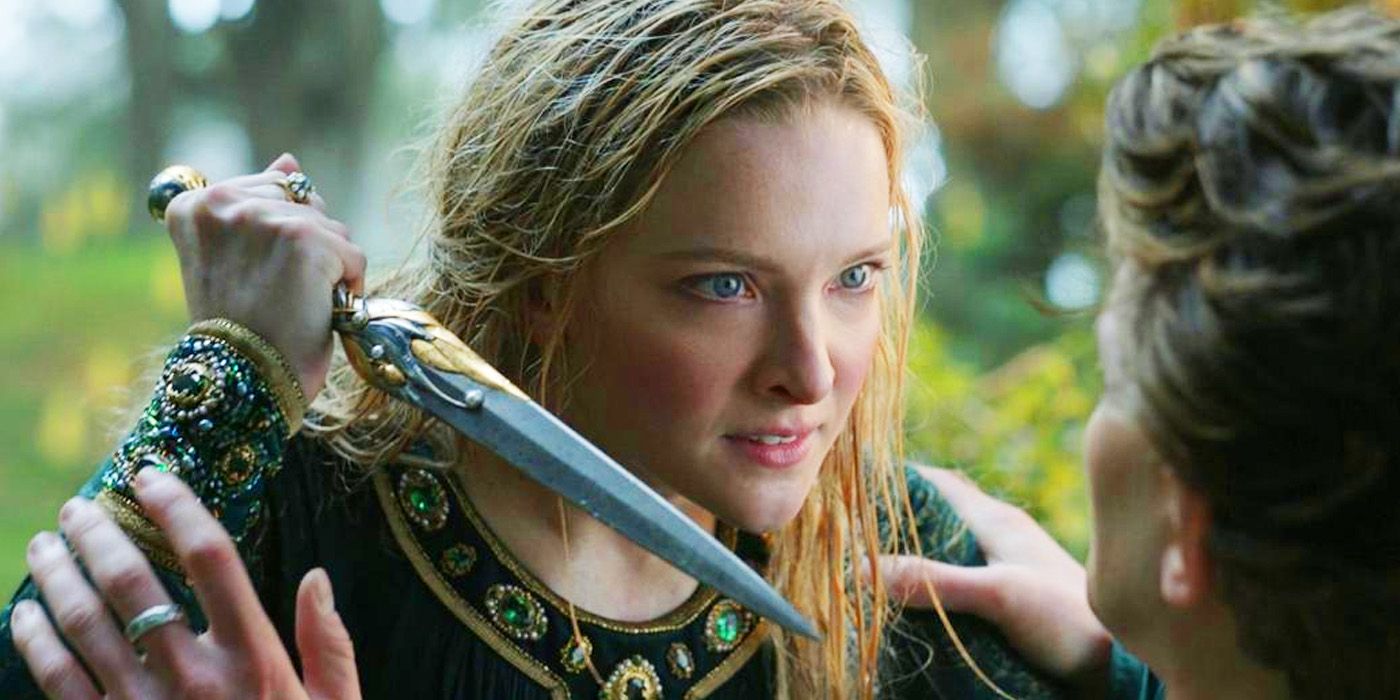
Galadriel’s constant rudeness to everyone she meets gets old quickly, especially since it’s very often unwarranted. Galadriel’s motivation and reason for disagreeing with others is usually understandable on its own, but her insistence on constantly being so confrontational with everyone she meets is unnatural, even for an extremely powerful Elf like her.
Galadriel’s Love of Horse Riding Had No Build-Up
Episode 3
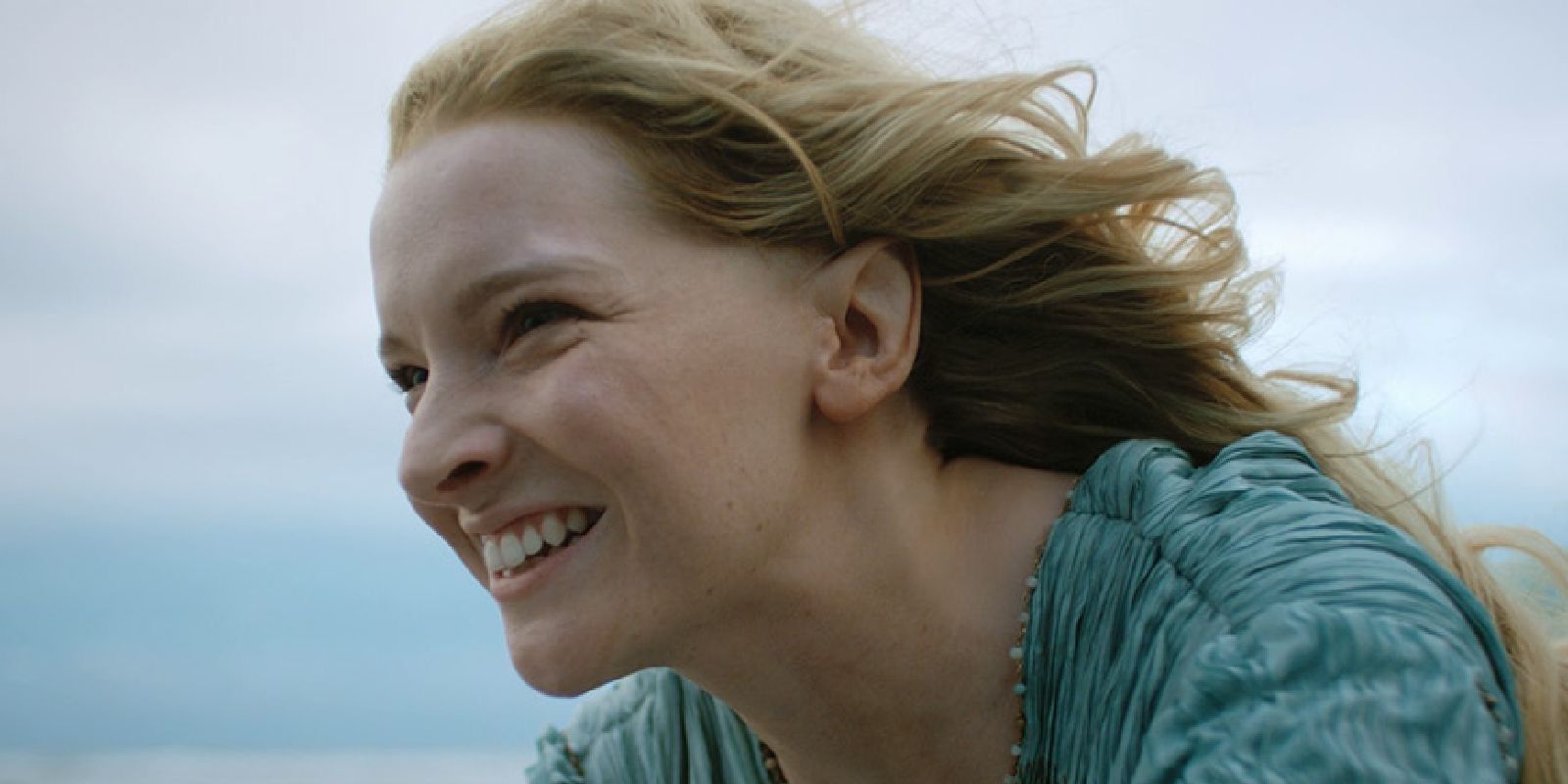
“Did you say ‘ride’?”
– Galadriel
Galadriel’s one rare moment of vulnerability came in a short horse ride to the Hall of Lore in Númenor with Eledriel. While Galadriel having a moment of genuine joy and happiness could have been a great thing to see, it was also completely out of place as far as what was established about her character.
Galadriel had rarely ever been shown smiling, if ever, and her love of horses was not established or foreshadowed. This scene stood out not because it was emotionally powerful or built on Galadriel’s character but simply because it didn’t seem to fit in with the tone of the rest of the series up to that point. Tonal breaks can sometimes work in that they’re jarring and thus make a strong impact on audiences, but that wasn’t exactly the effect that Galadriel’s ride ended up having.
The Identity of the Stranger Could Be Gandalf — or Not
Episode 8
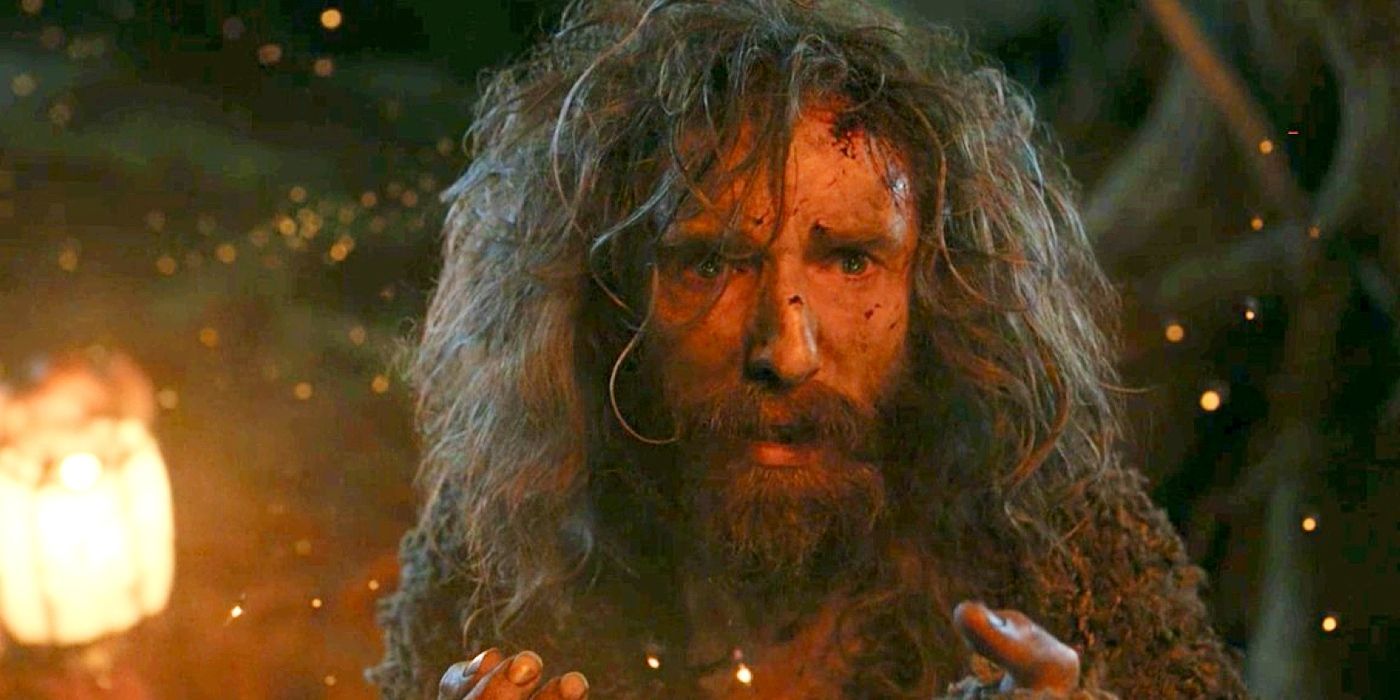
“Many are my names in many countries: Mithrandir among the Elves, Tharkûn to the Dwarves; Olórin I was in my youth in the West that is forgotten, in the South Incánus, in the North Gandalf; to the East I go not.”
– Gandalf
There are many signs that have seemed to point to the Stranger in The Rings of Power being Gandalf. Not least of these is his being called an “Istar” — clearly a reference to the “Istari” order that Gandalf is a part of.
However, this is questionable due to the fact that Gandalf was said to have arrived in Middle-earth in the Third Age, which leads to an inconsistency with RoP‘s setting of the Second Age. Alternatively, the Wizard could be one of the Blue Wizards who Tolkien didn’t expand much in his other writings. Considering how RoP tends to branch off from Tolkien’s established lore in many areas, the true identity of the Stranger could very well be someone that no one expects.
Theo Knowing Where the Orc Sigil Hilt Was Hidden Was Illogical
Episode 6
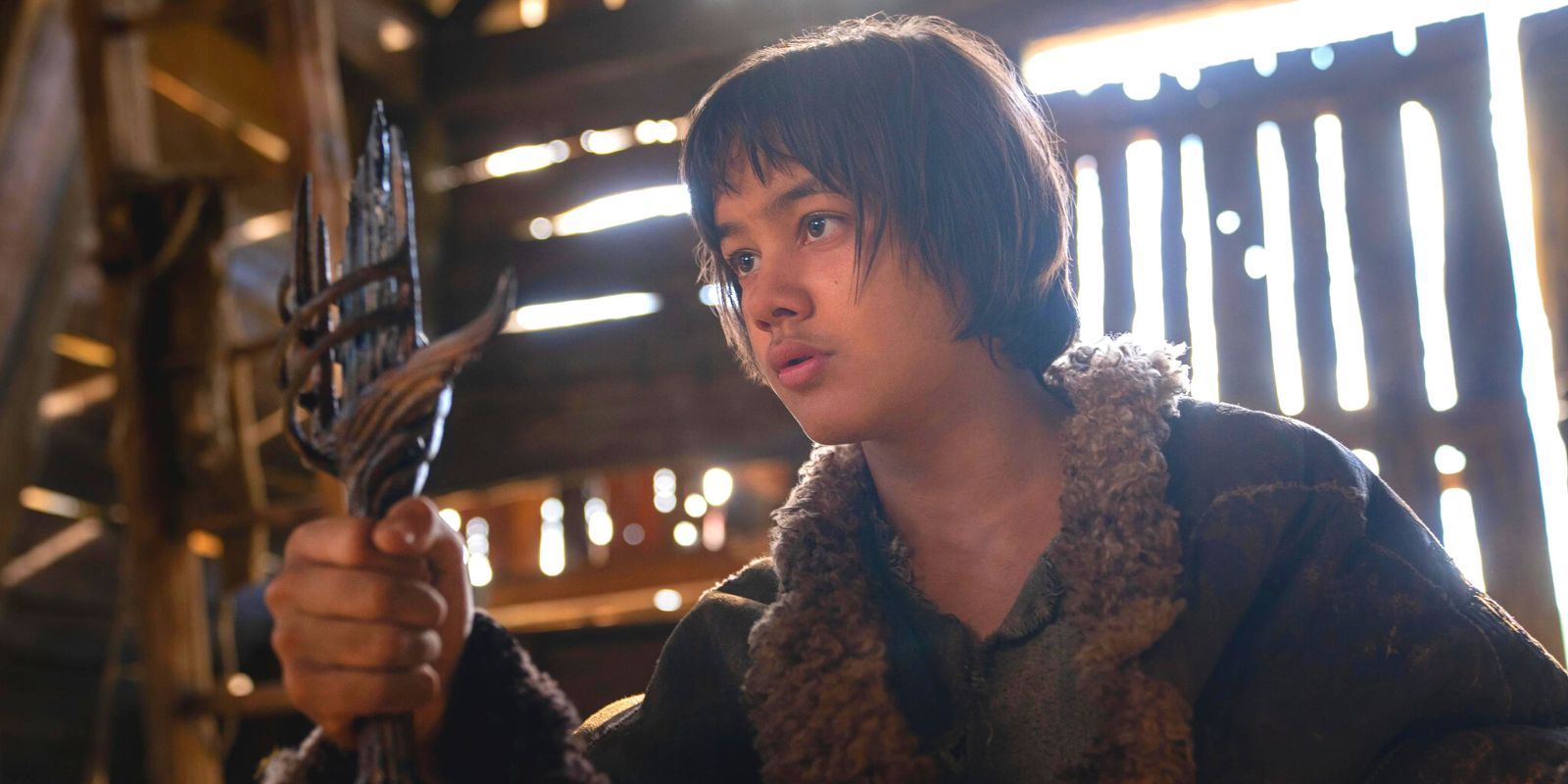
When Arondir hides Sauron’s sword, he states that no one can know where it is. As an Elf, he should have a heightened awareness of his surroundings, as well as an ability to move much lighter than normal people to avoid detection. Nevertheless, Theo somehow not only follows Arondir but locates the Hilt himself, which leads to a series of unfortunate events.
It’s implied that Theo simply followed Arondir to locate the Hilt, though it doesn’t seem reasonable that a human child could track an Elf who doesn’t want to be followed. Some fans have suggested that perhaps Theo’s connection to the Hilt drew him to its location, and while that isn’t really what’s suggested in the show, it at least provides a more logical excuse for what happened.
The Stranger’s Ignorance Doesn’t Make Sense
Episode 2 – 8
.jpg)
The Maiar were sent with the express purpose of keeping an eye on the workings of Sauron and guiding the people of Middle Earth.
No matter what the true identity of the Stranger turns out to be, if he is one of the Istari, there’s no reason he should be as ignorant as he has been. Even before being sent to Middle-earth, the Istari were created long before and would have accumulated great knowledge and wisdom before even being born as physical beings.
While it’s interesting to see the Stranger explore the world and the new things he experiences there, for him to be as uncertain of himself as he is would be out of character for an Istari who was sent with the sole mission of guiding the people of Middle-earth. It’s logical that learning the language of the Harfoots would take some time, and getting used to his physical body would require practice, but for him to question whether he was, in fact, Sauron doesn’t make much sense, no matter which of the Maiar he’s supposed to be.
The Orcs Didn’t Have To Be Humanized
Episode 6
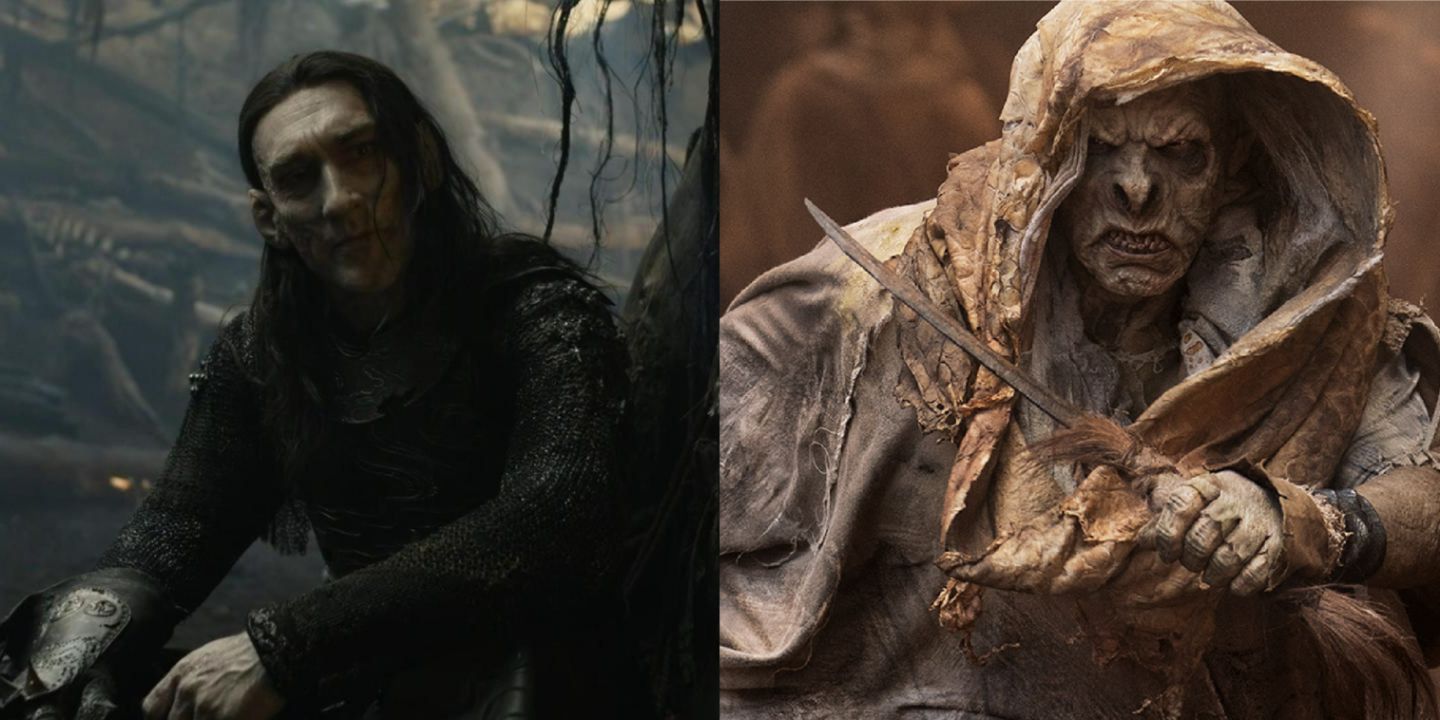
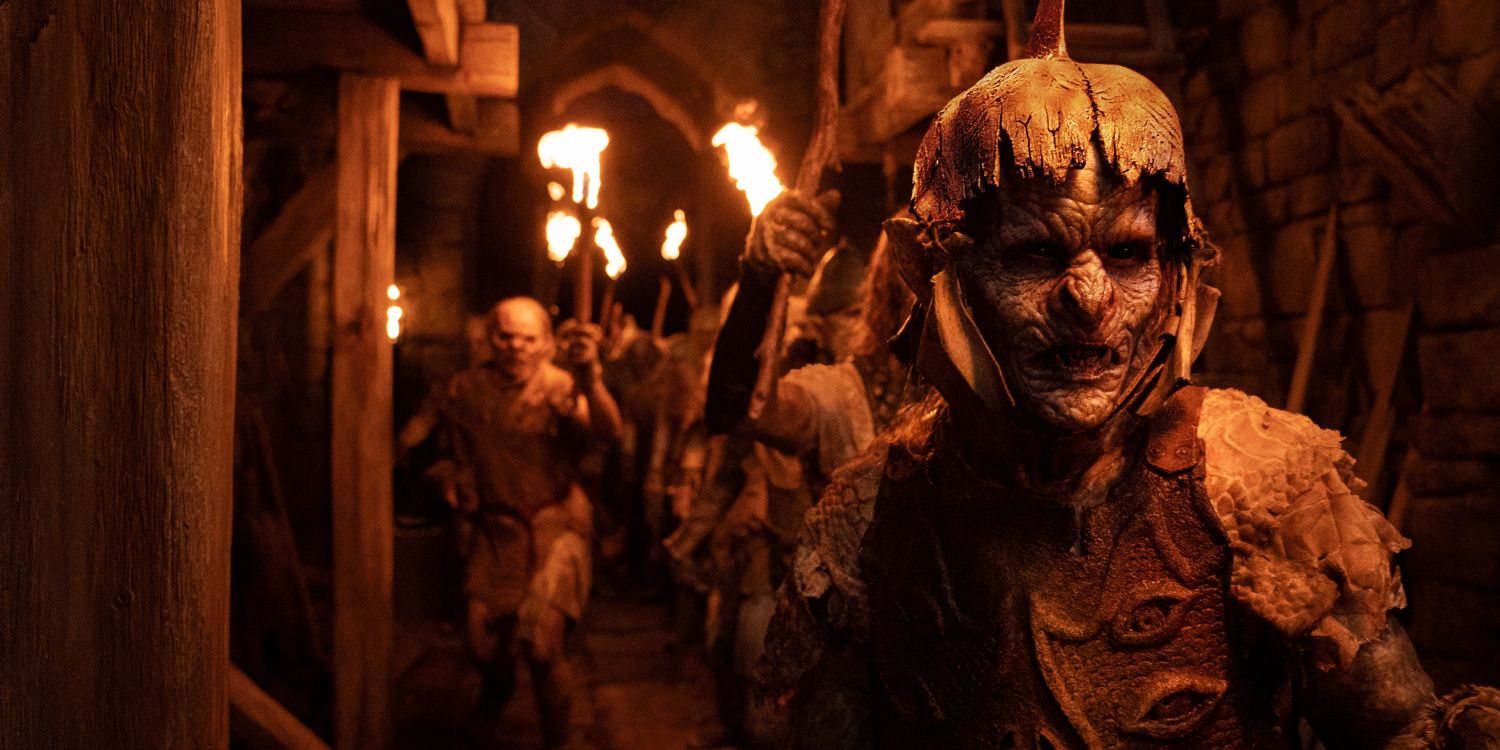
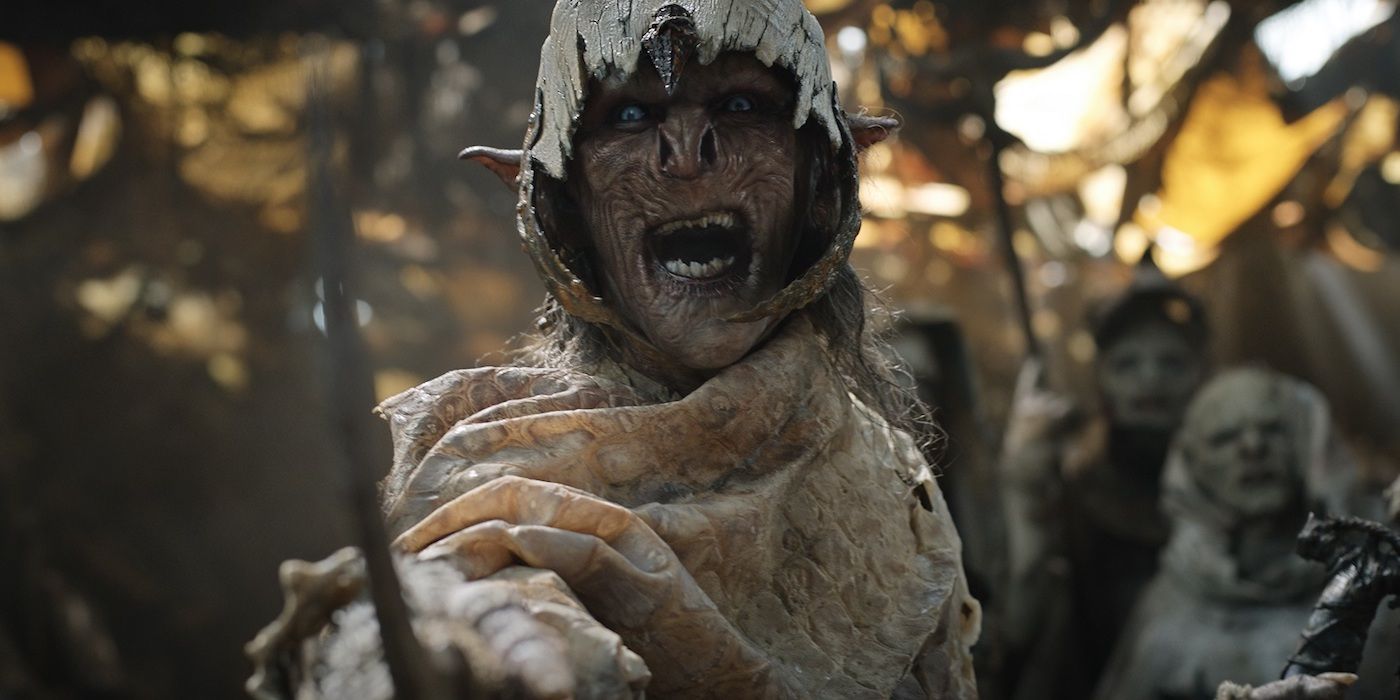
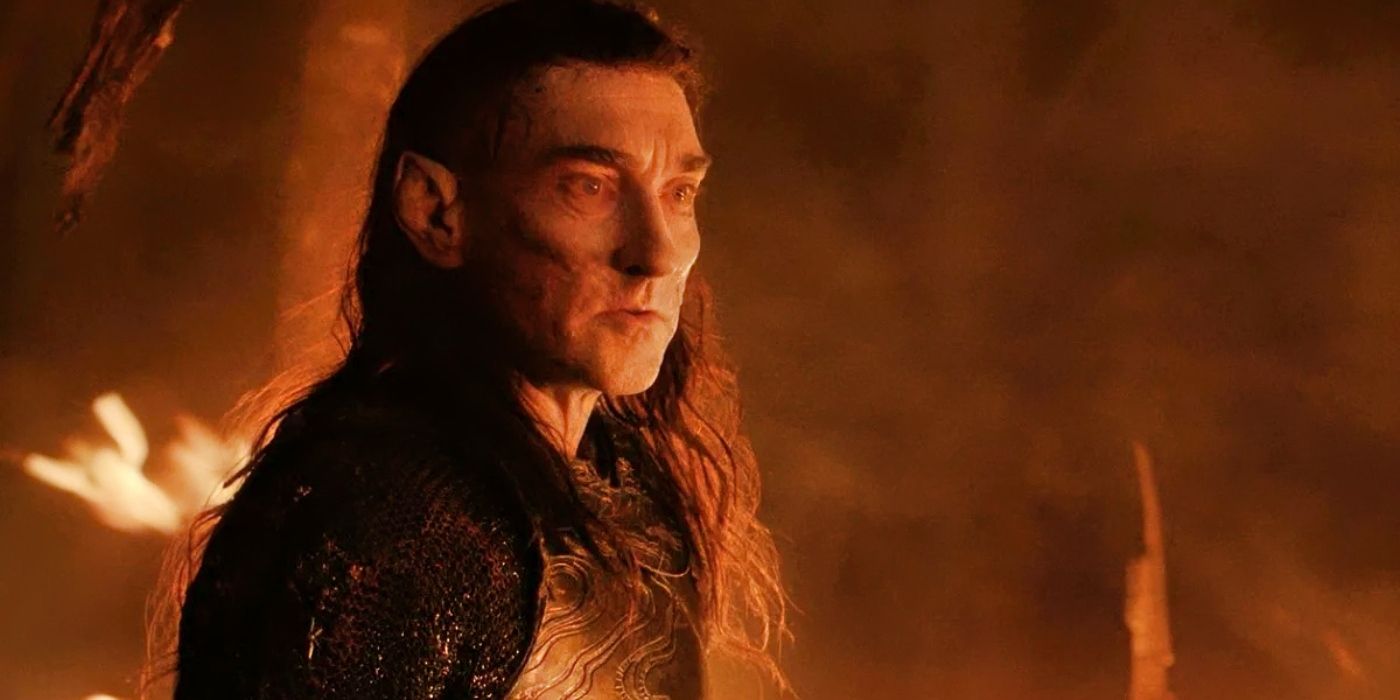




“The Shadow that bred them can only mock, it cannot make: not real new things of its own. I don’t think it gave life to the Orcs, it only ruined them and twisted them; and if they are to live at all, they have to live like other living creatures.”
– Frodo, The Return of the King
In Adar’s speech to the orcs, the main villainous group was humanized in a way they had never been before in Tolkien’s own writing. The reason this is problematic is that the whole point of the orcs is to present a force of pure evil beings. In changing this aspect of the orcs, The Rings of Power recontextualizes the orcs to give them a redeemable motivation.
The problem of humanizing the orcs and giving them a moral position is one that’s been seen as a dilemma by Tolkien scholars since the orcs first showed the ability to talk in LotR. If the orcs aren’t entirely evil, then Galadriel claiming she wants to kill their entire race is nothing short of ethnic cleansing, and that’s far more problematic than if they were just purely evil beings without a capacity for morality.





